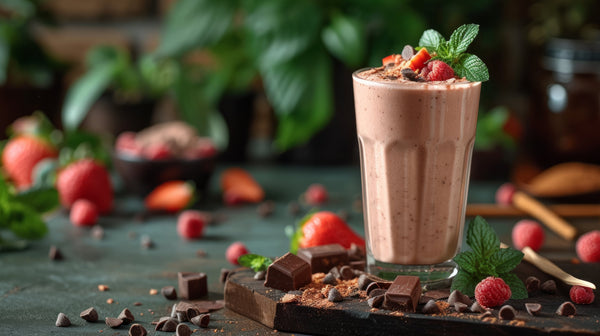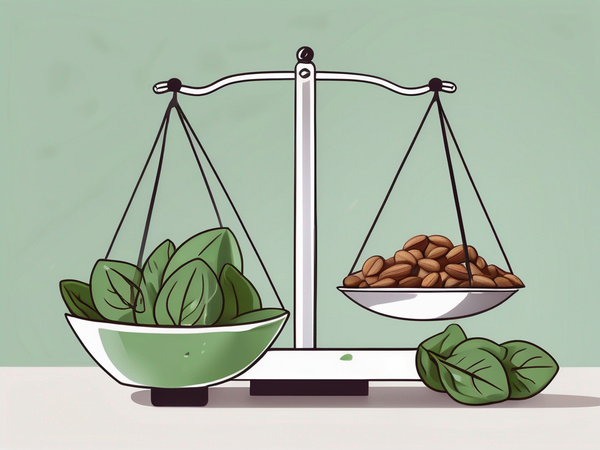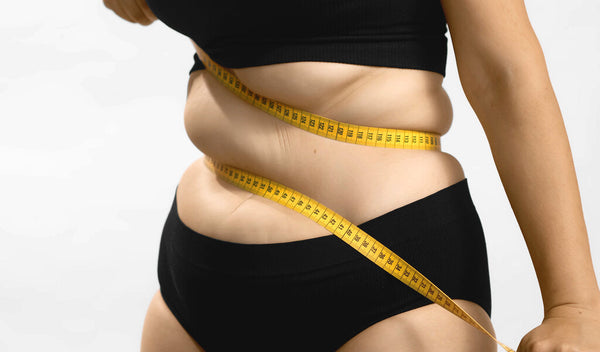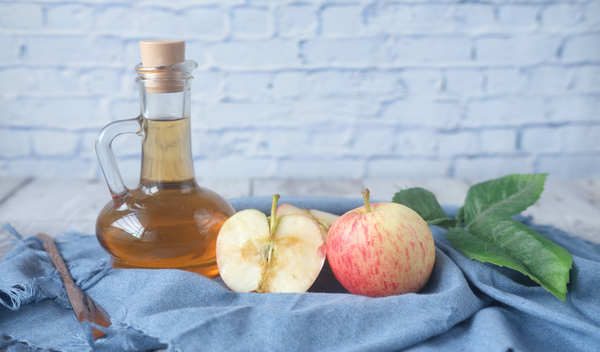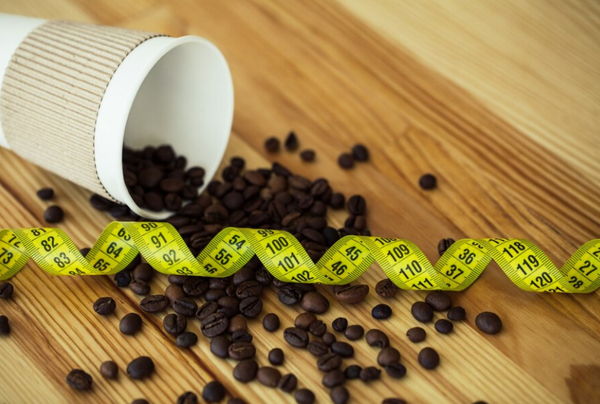Gut Microbiome, Probiotics, and Weight Loss
Yes, your gut microbiome plays an instrumental role in regulating your metabolism or absorbing nutrients of the food you consume, and determining whether or not you are lean or obese. A new study conducted by the researchers of the University of Washington in the United States deduced that certain “good microbes” in the gut of people who were on a diet majorly influenced how many pounds they were able to lose.Their stool samples were collected at the beginning and end of the study. The idea behind doing so was to determine which microbes were present in their gut and at which levels. The people who underwent a higher weight loss had more beneficial bacterial enzymes in the stomach compared to their counterparts. These enzymes were responsible for breaking down complex carbohydrates into simple sugars, making the food easily digestible and less likely to get stored in the body as fat. It was discovered that the growth of good bacterial colonies, particularly the bacteria Prevotella, helped produce higher levels of short-chain fatty acids that aided in reducing inflammation and facilitating weight loss.
Another study published in the Nature Journal found that those who have a tendency to put on weight easily have less diverse gut bacteria than their lean counterparts. If that wasn’t enough, studies further show that obese people with less diverse gut bacteria tend to gain more weight than obese people who have more diverse gut bacteria.
Although additional research is required to ascertain this hypothesis/claim, (as the current researches were conducted on a small group of people) these studies are promising. We know the role genetics plays when it comes to a person’s ability to lose weight. This study concludes that one may be able to lose weight by altering one’s gut microbiota through some dietary interventions. The best way to do that is by including more fermented foods to your diet that are rich in probiotics or else include supplements if your diet fails to meet the requirements. Read our blog, ‘7 Natural Sources of Probiotic’, to know more about what kind of foods to consume more.
So What Kind of Probiotics Supplement Should We Take?
There are many probiotic supplements available in the market. Read our blog, How To Select The Right Probiotic For You, to know how to go about choosing the right one for you. It is ideal to opt for one that offers both probiotics as well as prebiotic supplement in one. For the uninitiated, probiotic are living strains of bacteria that add to the colonies of good bacteria in your gut and which aid in improving your digestion. Prebiotics, on the other hand, are specialised dietary fiber that act as food for these good bacteria.The second step to consider while purchasing a probiotic supplement is to see the colony-forming units (CFUs) as that’s how probiotics are measured. While there’s no fixed rule to follow, opt for a supplement that has above 20 CFUs, as they produce the best results.
Wellbeing Nutrition offers a probiotic and prebiotic tablet in the form of effervescent tablets. Containing 21 of these water soluble tablets in a tube, this combination of Wellbeing Nutrition’s Probiotic and Prebiotic benefits your digestive health in many ways. Right from improving metabolism, getting rid of gut issues like bloating and gas, constipation, acidity and diarrhea, to name a few, providing colon support to neutralizing toxins in the gut, this supplement takes care of it all.
Clinically approved, this product improves digestive health with a blend of six active probiotic cultures and clinically studied prebiotic fiber like chicory root (inulin) and apple pomace. It contains 36 billion CFU active live cultures per serving. Additionally, it embodies a Delayed Release Technology, which doesn’t let the stomach acid affect the probiotics and help it reach deep into the intestine to help it cope with different gut-related issues.
You can also give Wellbeing Nutrition’s Healthy Gut Melts a try! An oral thin strip that easily dissolves when placed on your tongue, Healthy Gut Melts helps to treat all your digestive issues from within. Containing probiotics, digestive enzymes, and apple cider vinegar, these oral thin strips improves digestion, boosts metabolism, enhances immunity, and prevents other gastrointestinal issues like irritable bowel syndrome (IBS), gas, bloating, and acidity. The Unison Effect Formula (sublingual delivery) that these strips embody naturally nourishes the gut and supports a healthy digestive system.
Final Takeaway
Out of the many things that probiotics can do for your body and overall health, helping you lose weight could be one of them. While additional research is required to corroborate this, results seem promising. Making probiotic foods or supplements a part of your daily life will help you inch towards your goal. Having said that, probiotics will help you as long as you supplement it with a healthy balanced diet along with a regular exercise regime. Give Wellbeing Nutrition’s supplements- Probiotics & Prebiotics as well as Healthy Gut Melts a try, particularly if your diet doesn’t comprise foods rich in probiotics such as yogurt, and fermented foods like apple cider vinegar, miso, kombucha, kefir, and the like.
References:
- Shreiner AB, Kao JY, Young VB. The gut microbiome in health and in disease. Curr Opin Gastroenterol. 2015;31(1):69-75. doi:10.1097/MOG.0000000000000139. (https://www.ncbi.nlm.nih.gov/pmc/articles/PMC4290017/)
- Baseline Gut Metagenomic Functional Gene Signature Associated with Variable Weight Loss Responses following a Healthy Lifestyle Intervention in Humans, Diener Christian, Qin Shizhen, Zhou Yong,Patwardhan Sushmita, Tang Li,Lovejoy Jennifer C, Magis Andrew T, Price Nathan D, Hood Leroy,Gibbons Sean M, Ercolini Danilo,Roager Henrik Munch, doi: 10.1128/mSystems.00964-21, DO - 10.1128/mSystems.00964-21, American Society for Microbiology, ( https://doi.org/10.1128/mSystems.00964-21)
- Turnbaugh PJ, Hamady M, Yatsunenko T, et al. A core gut microbiome in obese and lean twins. Nature. 2009;457(7228):480-484. doi:10.1038/nature07540. (https://www.ncbi.nlm.nih.gov/pmc/articles/PMC2677729/)
- Gilberto Vinícius de Melo Pereira, Bruna de Oliveira Coelho, Antonio Irineudo Magalhães Júnior, Vanete Thomaz-Soccol, Carlos Ricardo Soccol, How to select a probiotic? A review and update of methods and criteria, Biotechnology Advances, Volume 36, Issue 8, 2018, Pages 2060-2076, ISSN 0734-9750, https://doi.org/10.1016/j.biotechadv.2018.09.003. (https://www.sciencedirect.com/science/article/pii/S0734975018301605)













